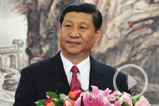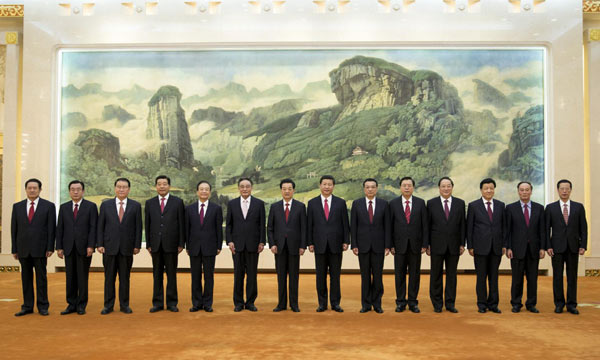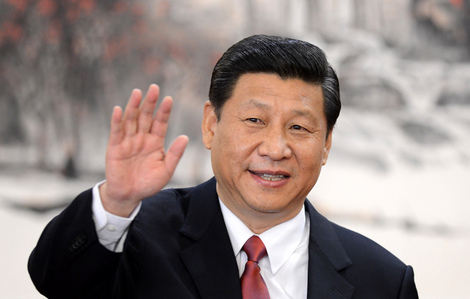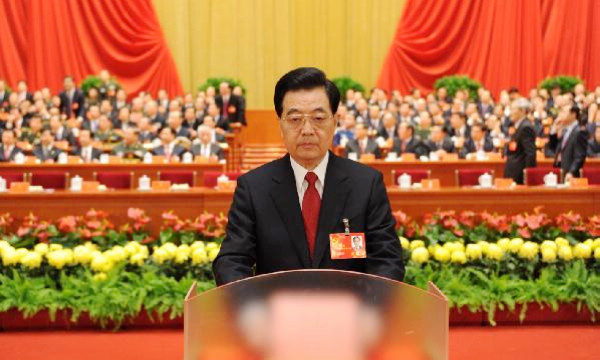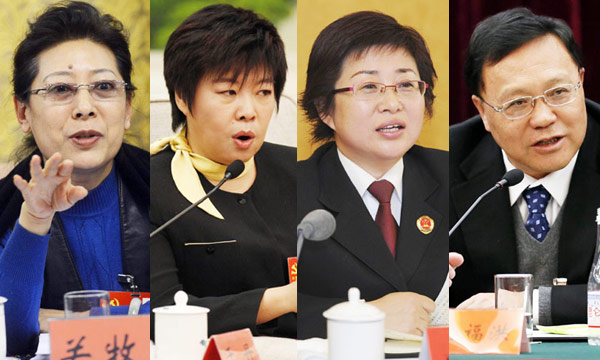Education equity in progress, but not enough
(Xinhua)
Updated: 2012-11-16 16:39
BEIJING - Whether it is between cities and villages or east and west regions, education resources available in China differ, and often hugely.
While children in prosperous coastal areas use iPads in classes or go on study tours abroad, those in poor regions have to bring their own desks to school and rely on government-funded or charitable lunches for sufficient nutrition.
The difficulty in mobility, as featured in the permanent residence registration system, or Hukou, confines children to schooling in their hometown and taking college entrance exams there, biting many even harder.
The gaps in education quality, made unavoidable by income disparities among regions, have already forged what many see as a "glass ceiling," dimming the hope for those poorly born to change their lives through studying.
Since education is believed to be fundamental for a person and a nation's future, it is the responsibilities of the government and the public to help feed knowledge to those who seek it.
In a keynote report to the 18th National Congress of the Communist Party of China (CPC), Hu Jintao said the Party will intensify efforts to ensure that all people enjoy their rights to education.
Hu said the CPC should vigorously promote fairness in education, and ensure balanced allocation of educational resources with a focus on rural, remote, poor and ethnic minority areas.
In the past few years, the Chinese government has deserved credit for taking a series of steps to advance the cause of education equity, like expanding coverage of student loans, building new schools in poor regions, and extending aid to ethnic minority areas such as Tibet and Xinjiang.
Currently, the pretty side of the picture is that all primary and junior high schools in the country are free. Also, the government decided last month to expand the exemption of vocational school fees to all rural students.
In addition to undergraduates, post-graduate students now also have access to government scholarships issued to those with financial difficulties.
Related Stories
China acts to address education inequality 2012-09-07 21:13
Ministry sets up office to enhance preschool education 2012-11-15 15:46
China to train university presidents overseas 2012-11-14 10:32
China to award 1b yuan to new graduates 2012-11-14 09:45
Counties to balance access to education 2012-11-14 01:01
It makes sense to study where they live 2012-11-13 08:10
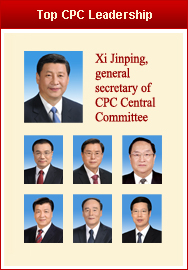
Top News
Education equity in progress, but not enough
A new generation of leaders
Xi's address to the media
Video
